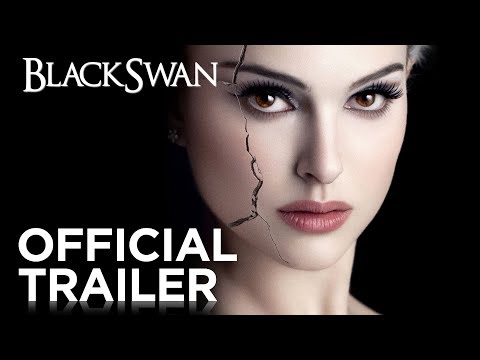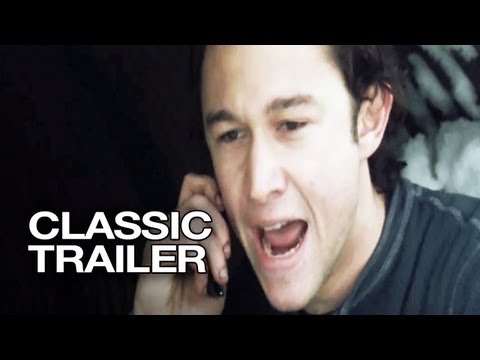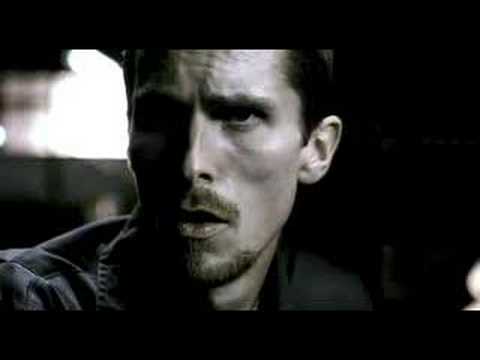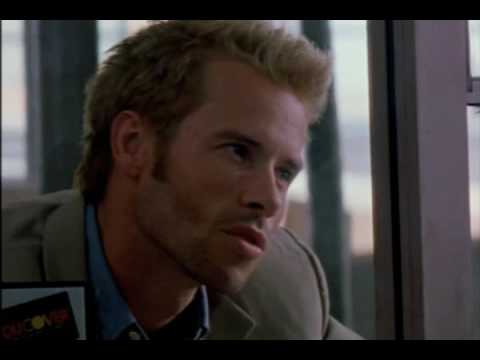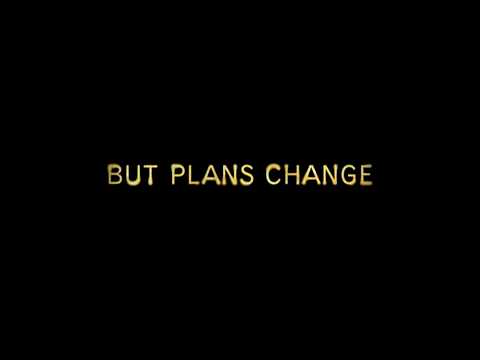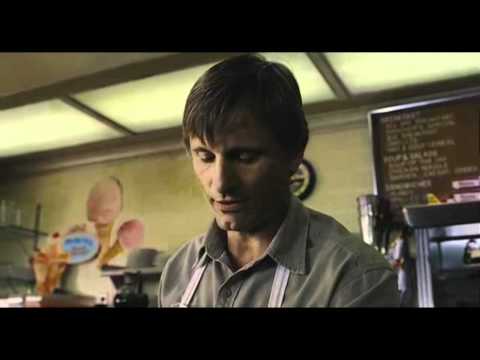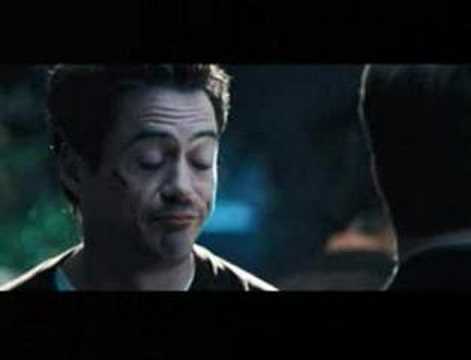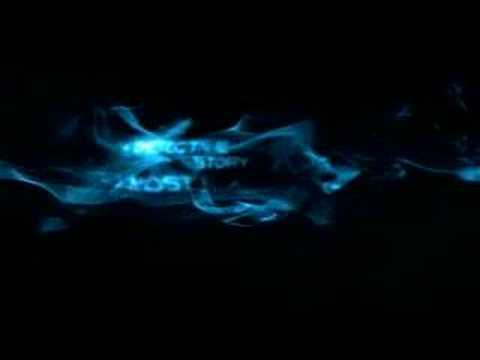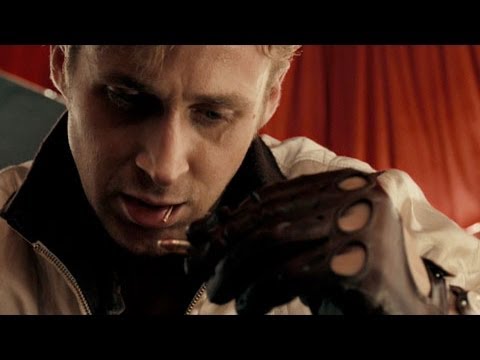Some key characteristics of Film Noir include: -A specific visual style characterized by low-key lighting, deep shadows, and obscuring camera angles. -Disorientation through plot devices such as a non-linear plot line, an unreliable narrator, or flashbacks. -A sense of impending doom or hopelessness. -Stories about crime, either from the perspective of the criminal or the investigator. These crimes often include robberies, heists, or crimes of passion such as murder or suicide. -Morally questionable protagonists that are not portrayed in a sympathetic light. They may be mentally unstable, corrupt, have a criminal background, or be involved with criminals. -The “femme fatale” – a mysterious and seductive love interest who often leads the hero into compromising positions. She is not necessarily a bad person, although she is most often portrayed in an unflattering light. Despite the classic Film Noir Period being put to rest at the end of the 1950s, the style and characteristics of the time period still influence Hollywood films to this day. The following is a list of ten outstanding films from the year 2000 or later that feature many of the characteristics of classic Noir cinema.
Starting off we have a psychological thriller that some may find controversial to include on this list. I would contend, however, that the dark journey into the psyche of our female lead is directly in line with the path of impending doom that is a cornerstone of classic Noir films. Right from the beginning, a feeling of despair permeates the screen and does not let go. Outside of crime drama, Film Noir often turned towards performers and their inner demons to create intense drama out of feelings of inadequacy and egotism (classics such as The Big Knife (1955) and Sunset Blvd. (1950) come to mind). The intense results that this can produce are powerfully portrayed in Black Swan’s ongoing struggle between Nina (Natalie Portman) and her ballet rival Lily (Mila Kunis). Despite twisting the more commonly seen “male seduced by female” structure of Noir cinema, Kunis’ seduction of Portman is a classic femme fatale at work. The only question is, did it really happen? Key Film Noir Aspects: Feeling of Despair, Mental Instability, Femme Fatale
The Lookout makes the list with a classic Film Noir plot line: our “hero,” in this case Chris Pratt (Joseph Gordon-Levitt), gets mixed up with the wrong crowd and unwittingly finds himself at the center of a heist. The exploitation of the lead character through his feelings for the aptly named Luvlee (Isla Fisher) is a great look at the powers of the femme fatale at work. This is one of the more uncomfortable films on the list, as you can’t help but sympathize with Chris’ exploitation after learning through his narration early in the film that he has difficulties with day-to-day interactions after receiving brain trauma in a car accident. The Lookout, in a lot of ways, can be compared to the classic Scarlet Street (1945) and the equally brutal exploitation of the sheepish Christopher Cross (Edward G. Robinson). Key Film Noir Aspects: Criminal Actions, Femme Fatale
Another trip into the psychological side of Film Noir, this one is weird. Really weird. This film is probably best known for Christian Bale’s incredible commitment to the role, dropping over 60 lbs in order to believably play Trevor Reznik, our “hero” who is struggling with some serious mental issues attributed to his insomnia. It takes the entire film for us to finally get a clear picture of what exactly is going on with Trevor, and along the way we are treated to a barrage of intensely dark scenes. Some are real and some are imagined, but the line is incredibly blurred. Classic use of a dark visual style, a slowly unraveling mystery, and disorienting flashbacks make this one among the more disturbing Neo-Noirs you will ever see. Key Film Noir Aspects: Visual Style, Mental Instability, Morally Questionable “Hero,” Disorienting Plotline
I don’t think I’ve ever met someone who has seen this film who wasn’t blown away by it. One of Christopher Nolan’s best ever, it has Noir written all over it. Murder, classic Noir visual style, an unreliable narrator and non-linear plot, you name it and it’s here. To top it all off (without giving too much away), in classic Noir style, we find out in the big twist that our “hero” was doomed from the start. A must-see for any Neo-Noir fan (or any Christopher Nolan fan for that matter). Key Film Noir Aspects: Visual Style, Mental Instability, Unreliable Narrator, Non-Linear Plotline, Murder Mystery
Think what you want about Tom Cruise’s religious affiliations, but he is a straight-up badass in this film. While it may be true that Jamie Foxx is the real hero, if you aren’t rooting for Cruise, you must be watching a different movie. It isn’t until late into the film that we realize that the suave businessman in the back of the cab may not be as admirable as we are led to believe he is. Cruise delivers as our Morally Questionable “Hero,” and in the end, in brutal Film Noir fashion, he learns the same lesson that Walter Neff (Fred MacMurray in Double Indemnity (1944)) and other classic criminals of the ’40s and ’50s always learned: crime doesn’t pay. The seedy nightlife and back alleys of Los Angeles are the perfect backdrop for this tightly woven crime thriller. Key Film Noir Aspects: Visual Style, Morally Questionable “Hero,” Classic Noir Ending
Our only entry on this list from across the pond, make no mistake about it: In Bruges is funny. Get past the witty banter and midgets, however, and this is a dark film. While the city of Bruges may not be a classic Noir setting, the dark streets and cold atmosphere certainly are. In classic style, we don’t know much about our “heroes” at the start, but through the use of a well-placed flashback and smart dialogue, we learn all we need to know. And while it starts off slow, when this one gets going there’s no turning back. Does anyone fit a role more perfectly than Ralph Fiennes does here? Key Film Noir Aspects: Visual Style, Criminal Actions, Flashback, Morally Questionable “Heroes”
AND Eastern Promises (2007). All right, I cheated a little here. Really though, either of these amazing films could fit in this spot. Both of them are directed by David Cronenberg and star Viggo Mortensen in two of his best performances put to film. History of Violence harkens back to the outstanding Robert Mitchum Noir, Out of the Past (1947), as an ex-criminal trying to forget his former life finally has his wrongdoings catch up to him. Eastern Promises is very more up-front and in-your-face with its criminal dealings, but shares the dark mood and odd sense of impending doom that are so common in Noir cinema. If you plan on watching these two, be prepared for some serious on-screen violence. Key Film Noir Aspects: Feeling of Despair, Criminal Actions, Morally Questionable “Hero”
While Kiss Kiss Bang Bang is certainly a dark comedy, it is also very self-aware of its Noir style. In fact, the whole premise of the movie is almost Film Noir come to life: a private eye (played by Val Kilmer in one of my personal favorite roles of his) and bumbling companion (Robert Downey, Jr.) attempt to solve a murder that has been carried out in an eerily similar manner to a murder portrayed in a Hardboiled Fiction-esque novel. Throw in Downey, Jr’s unreliable (and at times hilarious) narration, some key flashbacks, and the beautiful Michelle Monaghan as Harmony, our classic femme fatale, and you’ve got a Film Noir through and through. Key Film Noir Aspects: Murder Mystery, Morally Questionable “Hero,” Femme Fatale
Coming back for seconds on our list is Joseph Gordon-Levitt, this time in one of the most unique, yet obvious, Neo-Noir films on this list. What would happen if we took a classic Noir murder mystery, complete with characters, visual style, and dialogue straight out of the 1950s, but placed it into a modern day high school setting? Welcome to Brick, a direct homage to Film Noir with a New Millennium, young-adult twist. Rian Johnson knew exactly what he was looking for when he wrote and directed this one, breathing classic Noir characteristics into this film right down to 1950s vernacular. Don’t let the youth of the characters fool you, though: this is as dark and twisted a mystery as any of the films on this list. Key Film Noir Aspects: Visual Style, Murder Mystery, Classic Noir Dialogue
It may start out a little slow-paced for some, but if you give Drive a chance, you’ll be glad you did. When I first saw this one, Ryan Gosling’s performance became an instant classic in my mind. If you’re wondering what Humphrey Bogart would look like in a modern day film, just watch Gosling as the nameless Driver in Nicolas Winding Refn’s spellbinding film. This is a classic Noir tough guy: soft spoken, calm, thoughtful, but never on the defensive and ready to do whatever it takes at a moment’s notice. We don’t know much about our “hero” to start, and there is a sense of despair as his relationship with his gorgeous next-door neighbor and her son gets him tangled up with the wrong kind of people. It soon becomes very obvious, however, that there is a lot more to this Driver than meets the eye. When the action happens, it happens fast and doesn’t pull any punches. The Los Angeles streets and back alleys are once again a classic backdrop for the Noir visual style of this amazing film. Key Film Noir Aspects: Feeling of Despair, Visual Style, Morally Questionable “Hero,” Criminal Actions
